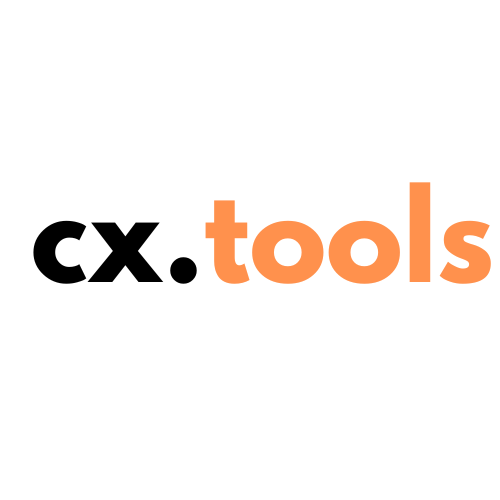Top Experience Management Platforms You Need to Know About
In today’s digital age, experience management platforms are critical for businesses striving for success. These platforms help organizations measure, track, and optimize their customers’ and employees’ experiences, providing valuable insights to drive growth and satisfaction.
What Are Experience Management Platforms?
Experience management platforms, or XM platforms, are sophisticated tools that gather and analyze data across various touchpoints. These platforms enable businesses to understand their audience better, anticipate needs, and deliver personalized experiences. Common features include feedback collection, analytics, reporting, and integration with other business tools.
Top Experience Management Platforms
Let’s delve into some of the leading experience management platforms available today, which can elevate your business strategy and customer satisfaction:
- Qualtrics: A pioneer in the field, Qualtrics offers comprehensive tools for customer experience, employee engagement, and market research. It provides robust survey options, powerful analytics, and actionable insights.
- Medallia: Known for its real-time experience management capabilities, Medallia captures customer feedback across multiple channels, providing businesses with instant analysis and practical recommendations.
- SurveyMonkey: Although primarily known for survey creation, SurveyMonkey also offers an enterprise-grade experience management suite. It’s user-friendly and integrates well with other business software.
- Zendesk: Zendesk isn’t just a support ticket system; it also includes tools for customer feedback and engagement, making it a well-rounded experience management solution.
- Confirmit: Specializing in customer and market research, Confirmit offers end-to-end solutions for feedback collection, analysis, and reporting, supporting advanced data analytics and reporting functionalities.
- HubSpot Service Hub: HubSpot provides an integrated experience management tool that combines CRM, customer feedback, and service ticketing, ensuring seamless operations and improved customer satisfaction.
Key Features to Look for in an Experience Management Platform
When selecting an experience management platform, consider the following key features:
- Feedback Collection: The ability to gather feedback from multiple touchpoints is essential for a comprehensive view. This may include surveys, social media, and direct interactions.
- Analytics and Reporting: Advanced analytics and robust reporting capabilities enable you to derive meaningful insights from collected data, driving better decision-making.
- Integration: Seamless integration with other business tools such as CRM systems, marketing platforms, and customer support software enhances functionality and data utilization.
- Personalization: Effective platforms offer tools for personalizing customer interactions, which can further enhance the customer experience and drive loyalty.
Benefits of Using Experience Management Platforms
Implementing an experience management platform brings numerous benefits to an organization:
- Improved Customer Satisfaction: Regular feedback collection and analysis help identify pain points and areas of improvement, leading to better customer experiences.
- Enhanced Employee Engagement: Employee experience tools help measure and boost employee satisfaction, leading to a more productive and motivated workforce.
- Actionable Insights: With advanced analytics, businesses can obtain actionable insights that drive strategy and operational improvements.
- Competitive Advantage: Companies that constantly refine their customer and employee experiences are better positioned to outperform competitors.
FAQs
What is the main purpose of experience management platforms?
The primary goal of experience management platforms is to help organizations understand and improve their customer and employee experiences through data collection, analysis, and actionable insights.
How do experience management platforms integrate with other business tools?
Most experience management platforms offer robust API capabilities and out-of-the-box integrations with popular business tools such as CRM systems, marketing automation software, and customer support platforms. These integrations facilitate seamless data flow and enable a holistic view of the customer journey.
For more in-depth information, please visit Business Insider.

